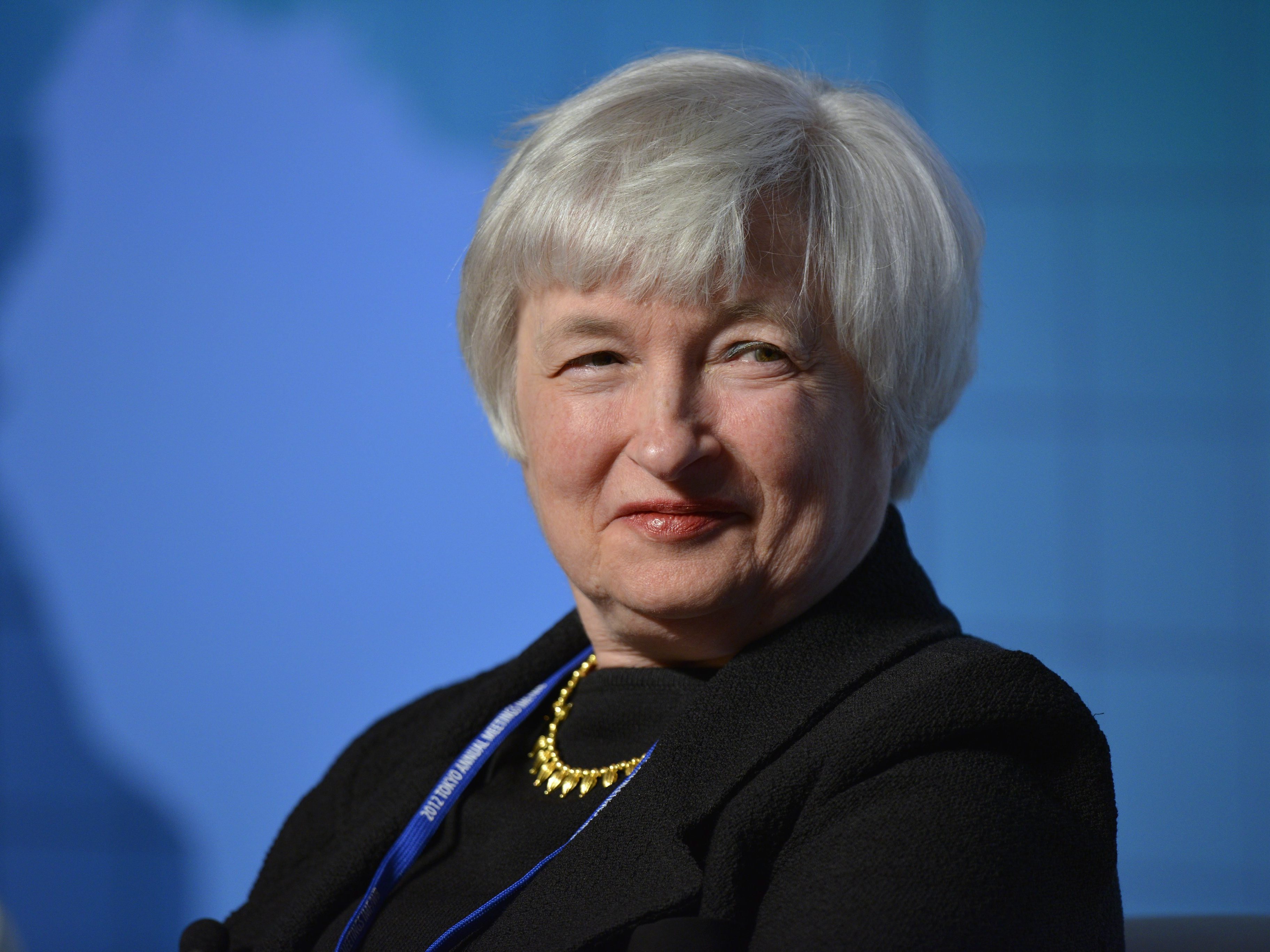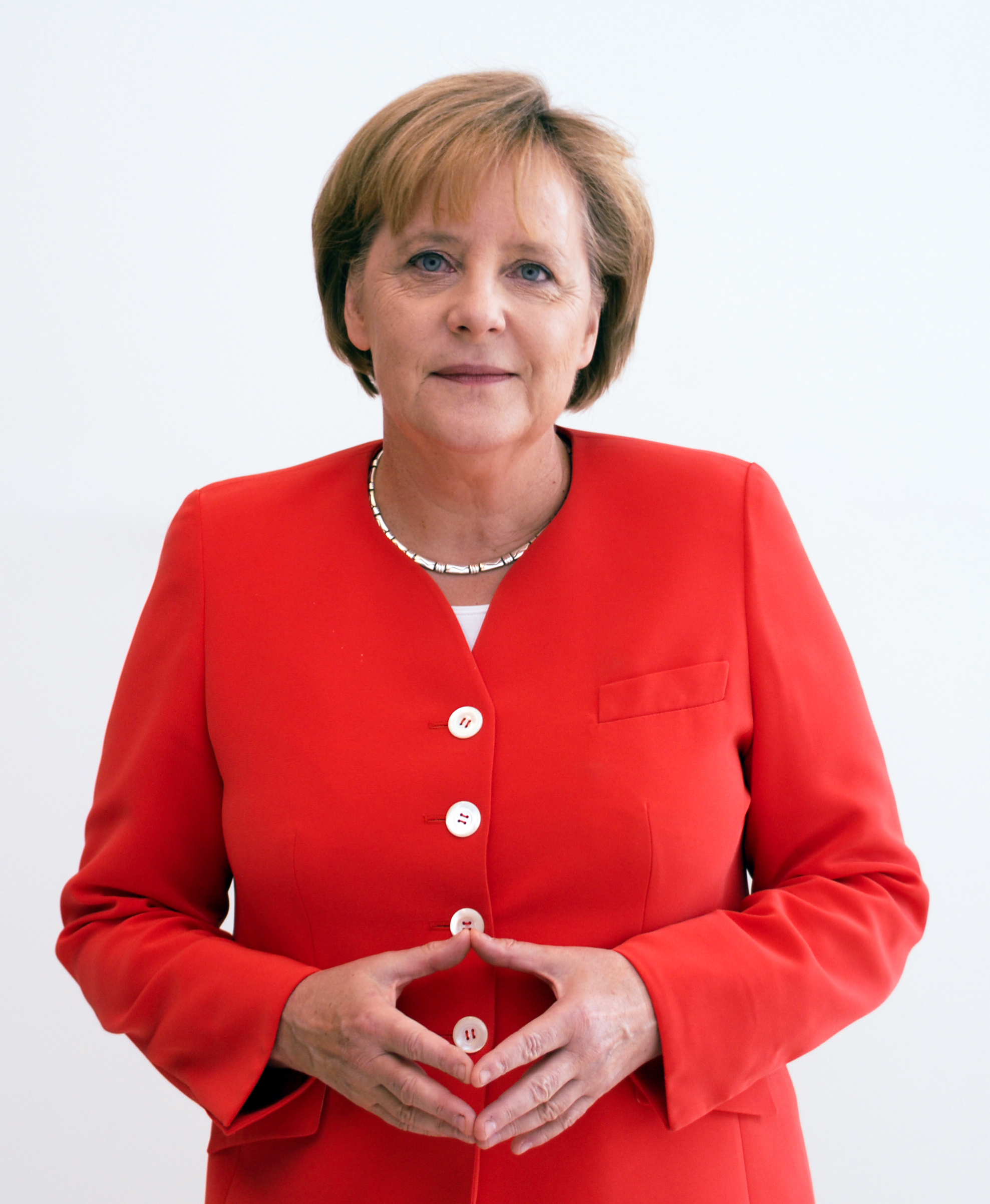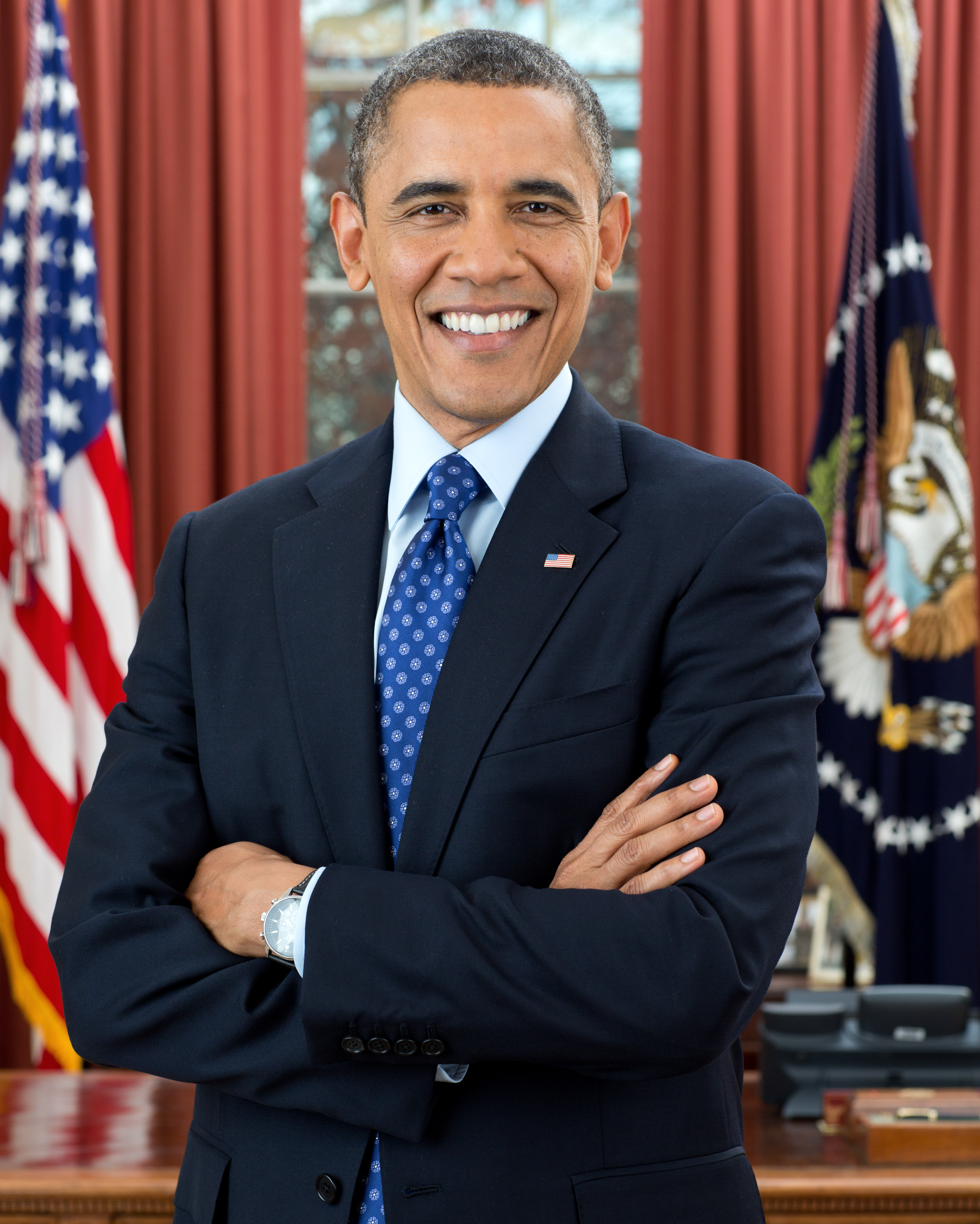Benjamin Netanyahu is at it again. He is not content, apparently, with the continuing blockade of the Gaza Strip, with the government-sponsored construction of illegal settlements on Palestinian soil, with the occupation of the State of Palestine itself in violation of any semblance of international law, and with the periodic brutality of the Israeli armed forces in their fruitless assaults on Palestine and her people. No, none of this is enough for this genocidal warmonger - now he is to make the Palestinian people second-class citizens in their own lands.
A bill currently going through the Israeli parliament will make Jewishness a condition of the 'national rights' of Israel. For the 25% of the population who are not, including the Palestinians who live under Israeli occupation, lesser 'civil rights' will still be available - according to Netanyahu - but they will be officially, legally second-class citizens. The bill also bans the flying of the Palestinian flag and a number of other measures dressed up as counter-terrorism but in reality targeting the oppressed Palestinians.
This bill is so blatantly ridiculous, even Netanyahu's fellow Likud party member and President of Israel Reuven Rivlin has come out against it, calling it 'unnecessary' and 'harmful' and pointing out that it will play into the hands of Israel's critics. Damn right it will: this is further evidence of the Likud government's ultra-Zionist, far-right agenda to crush the Palestinian people out of existence - or at least, out of Israel.
The ridiculous thing is, the quickest way to remove the Palestinians from Israel, halt the majority of the inter-community violence in the region and make the bill truly unnecessary would be to recognise Palestine's sovereignty and accept the two-state solution - but that is something Netanyahu will not do. Meanwhile, Palestinians - who have always been treated as second-class citizens in Israel - will not take this new legal confirmation of their status lightly. One commentator, Abu Azzan Saud, went to far as to call this 'the beginning of the third intifada'.
So, more deaths to come, then, on the back of a law allegedly designed to reduce the killing. Welcome to Netanyahu's apartheid state.










